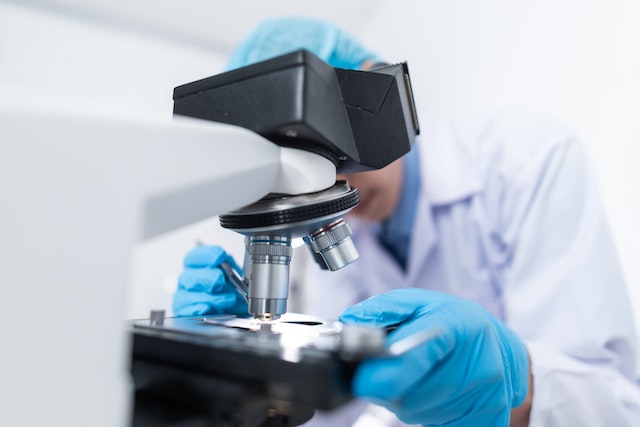Biotechnology has emerged as a key driver of innovation and growth across multiple sectors in the last few decades. Industrial biotechnology, in particular, is rapidly gaining momentum as a sustainable and cost-effective alternative to traditional manufacturing processes. This article will provide an overview of industrial biotechnology, its applications, and its potential impact on the global economy.
What is Industrial Biotechnology?
Industrial biotechnology refers to the use of biological processes to produce and manufacture a wide range of products, including chemicals, materials, fuels, and food. This technology harnesses the power of living organisms, such as bacteria, yeast, and fungi, to convert renewable resources into valuable products. Industrial biotechnology is a multidisciplinary field that combines biology, chemistry, engineering, and computer science to create sustainable and efficient production processes.
Applications of Industrial Biotechnology
Industrial biotechnology has a wide range of applications across multiple sectors, including:
Chemicals
Industrial biotechnology can produce a wide range of chemicals, including enzymes, organic acids, and specialty chemicals. These chemicals can be used in a variety of applications, such as detergents, textiles, and pharmaceuticals.
Materials
Industrial biotechnology can produce a range of materials, including bioplastics, biofuels, and biomaterials. These materials offer a sustainable and biodegradable alternative to traditional petroleum-based materials.
Energy
Industrial biotechnology can produce a range of biofuels, including ethanol, biodiesel, and biogas. These fuels offer a sustainable and renewable alternative to fossil fuels, reducing greenhouse gas emissions and contributing to the fight against climate change.
Food
Industrial biotechnology can produce a wide range of food ingredients, such as enzymes, flavors, and colors. These ingredients can improve food products’ taste, texture, and nutritional value.
Potential Impact of Industrial Biotechnology
Industrial biotechnology has the potential to transform multiple sectors of the global economy, including chemicals, materials, energy, and food. Industrial biotechnology can contribute to a more sustainable and circular economy by utilizing renewable resources and reducing greenhouse gas emissions. Industrial biotechnology can also create new job opportunities and spur economic growth, particularly in developing countries.
Industrial biotechnology is a rapidly growing field that has the potential to revolutionize multiple sectors of the global economy. By harnessing the power of living organisms, industrial biotechnology can create sustainable and efficient production processes that reduce greenhouse gas emissions and contribute to a more circular economy. As this technology continues to advance, it will be interesting to see the impact it has on the global economy and the environment.




